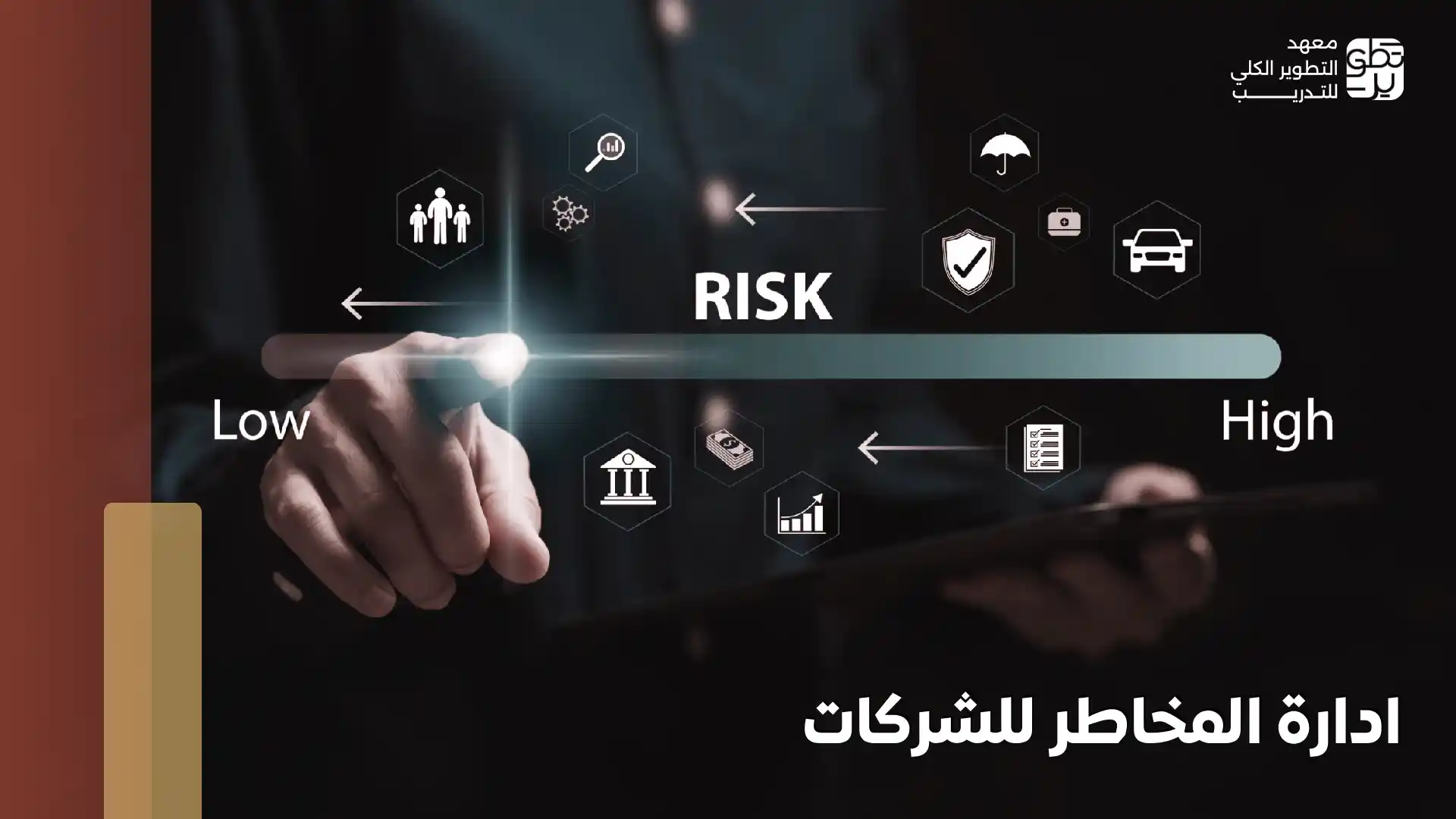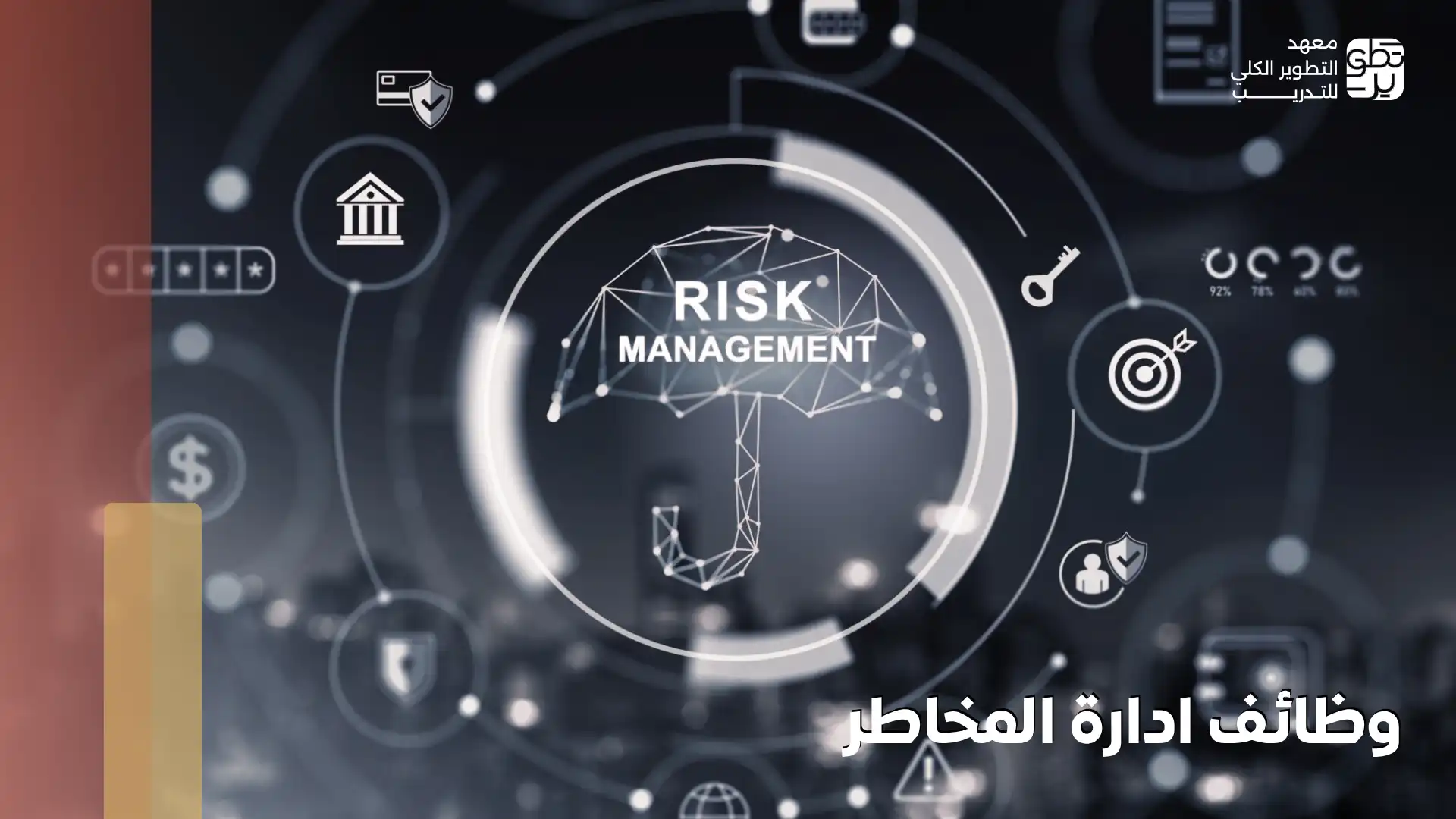
The Riyadh Law Diploma offers students a unique opportunity to acquire comprehensive knowledge of legal systems and its various branches. The study plan includes essential courses such as Civil Law, Criminal Law, Administrative Law, Labor Law, as well as studying the judicial system and drafting legal memos.
This program helps students develop their legal skills and prepares them for a variety of job opportunities in law offices, government agencies, and the private sector. It specifically targets high school graduates and those interested in expanding their legal expertise, providing them with practical skills that enable them to excel in the job market.
What is the Riyadh Law Diploma?
The Riyadh Law Diploma is a training program that offers students a comprehensive knowledge base about legal systems, enabling them to understand and apply various laws in practice. During the study, students gain knowledge about the concept of law and its sources, distinguishing between public and private law.
The program covers rules for civil transactions, such as contracts, rights, and civil responsibility, and delves into criminal law, including types of crimes, penalties, and principles of criminal responsibility. It also includes labor law systems and the rights of the parties in the workplace, as well as dispute resolution mechanisms.
Objectives of Studying Legal Systems Diploma
The Riyadh Law Diploma prepares students with a solid knowledge base and practical skills, making them ready to work in various legal specialties. The program combines academic and applied aspects to achieve maximum benefit for the student.
- The diploma develops students' ability to understand legal systems deeply and apply them across various fields.
- It enhances their analytical skills in legal analysis, contract drafting, legal memos, and lawsuits.
- It opens doors for students to understand civil, criminal, administrative, and labor laws.
- The program helps familiarize students with litigation mechanisms and resolving legal disputes.
- It prepares graduates to join law offices, companies, government institutions, and legal organizations.
With these objectives, the Riyadh Law Diploma provides a clear path for building a successful career in law.
Features of the Riyadh Law Diploma
The Riyadh Law Diploma offers students several features that help them excel in their academic and professional careers. The program focuses on combining theoretical foundations with practical training to efficiently qualify trainees. Some of its key features include:
- The program includes courses covering various branches of Civil, Criminal, Administrative, and Labor Laws.
- It is supervised by a distinguished group of lecturers specialized in their legal fields.
- The program gives students the opportunity to learn about the judicial system and draft legal memos in a practical manner.
- Graduates of the program are well-qualified to join the workforce with confidence and strong knowledge.
Through these features, the Riyadh Law Diploma stands out as a comprehensive academic option for those interested in various legal specialties.
Target Audience for the Law Diploma Program
The Riyadh Law Diploma addresses a wide range of individuals interested in pursuing a legal specialization, providing them with a solid theoretical and practical foundation to qualify them for various legal fields. The program targets several categories, including:
- Students and graduates seeking to build a career in law.
- Employees working in the public and private sectors who need a deeper understanding of legal systems.
- Entrepreneurs and business owners looking to familiarize themselves with business and labor laws.
- Individuals interested in studying the Legal Systems Diploma to enhance their knowledge of public and private laws.
- Aspiring individuals seeking a specialized certificate that opens up job opportunities in law offices, companies, or judicial bodies.
With such a diverse target audience, the program offers a real opportunity for anyone looking to gain specialized knowledge and build a career in the legal world.
Core Courses in the Riyadh Law Diploma
The Riyadh Law Diploma includes a comprehensive study plan designed to build a strong knowledge base covering various branches of law. The courses are distributed across key areas, including:
- Introduction to Law: Covers the basic foundations for understanding the concept of law, its sources, and the distinction between public and private law.
- Civil Law: Focuses on contracts, obligations, civil responsibility, and personal and real rights.
- Criminal Law: Addresses crimes and penalties, distinguishing between felonies, misdemeanors, and violations, and studying the principles of criminal responsibility.
- Labor Law: Explains workers' and employers' rights and obligations, along with labor dispute resolution mechanisms.
- Administrative Law: Clarifies the relationship between individuals and government agencies, regulating public bodies, and administrative control.
- Judicial System: Covers litigation procedures, drafting legal memos, and preparing lawsuits.
These courses provide students with a comprehensive education, enabling them to effectively handle various legal practices in both theoretical and practical contexts, thus enhancing the value of the Legal Systems Diploma in their professional journey.
Skills Acquired During the Program
The Riyadh Law Diploma equips students with a comprehensive set of skills that help them build a strong career path in the legal field, enhancing their ability to handle legal systems effectively. These skills include:
- A thorough understanding of the concept of law, its sources, and its main branches in public and private law.
- Mastery of civil transactions such as contracts, civil responsibility, and personal and real rights.
- The ability to analyze crimes and penalties, distinguish between felonies, misdemeanors, and violations, and understand principles of criminal responsibility.
- Applying labor law systems, dealing with workers' and employers' rights and obligations, and resolving labor disputes.
- Handling the relationship between individuals and government agencies and understanding the basics of administrative control and regulating public bodies.
- Practicing litigation procedures, drafting legal memos, and writing lawsuits professionally.
With these skills, students become more prepared to work in diverse legal fields, whether in the Legal Systems Diploma or in sectors directly related to law.
Career Opportunities After Earning the Riyadh Law Diploma
The Riyadh Law Diploma opens up a wide range of career opportunities for graduates, providing them with the practical training and legal knowledge needed in the job market. Some of the top career opportunities include:
- Working as a legal assistant in law offices or companies.
- Holding administrative and legal positions in government and private institutions.
- Joining human resources departments to manage labor laws and resolve disputes.
- Working in compliance and governance departments within large corporations.
- Participating in contract and agreement drafting.
- Monitoring lawsuits and judicial procedures within legal teams.
Through these opportunities, graduates can build a distinguished career path that bridges theoretical knowledge and practical application across various legal fields.
In conclusion, the Riyadh Law Diploma is a comprehensive entry point to understanding laws and systems, honing the practical skills required for legal work, and providing specialized courses and promising career opportunities. If you're looking for a program that opens up new horizons in the legal world and provides you with the ability to compete, this diploma is what you need.
Frequently Asked Questions
What is the difference between the Riyadh Law Diploma and bachelor’s law programs?
The law diploma program is shorter and focuses on practical skills and foundational knowledge, while bachelor’s programs are more in-depth and span a longer duration.
Is a legal background required to enroll in the diploma?
No, students from different fields can enroll as the program starts with basic concepts and moves towards advanced applications.


















